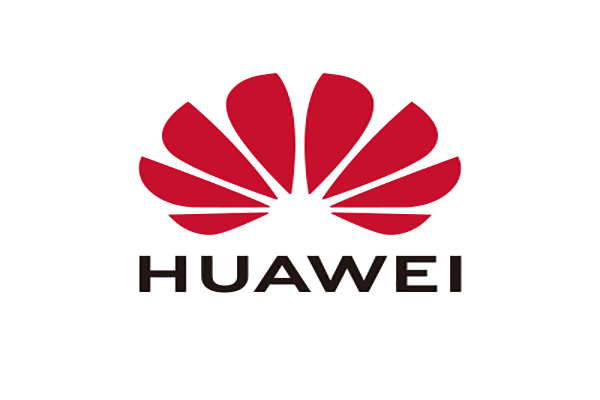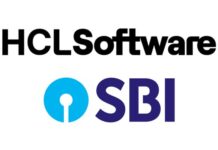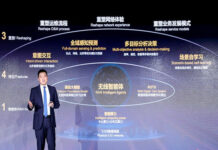Huawei’s 2023 Sustainability Forum and its regional sessions concluded yesterday. Themed “Thriving Together with Tech: Realizing Sustainable Development,” the event involved five regional sessions in China, Italy, Ghana, Pakistan, and Brazil, where best sustainability practices from Huawei and its partners were demonstrated. Attendees from all over the world explored how digital infrastructure can better drive sustainable development and help build a greener and more inclusive intelligent world.
In Brazil, Huawei is working with local operator Veloso Net to deliver stable connectivity to over 30% of the unconnected population in the state of Amazonas. Huawei also announced plans to cooperate with the International Union for Nature Conservation (IUCN) to implement a Tech4Nature project, which will protect biodiversity while fostering the development of local communities.
Jeffrey Sachs, President of the UN Sustainable Development Solutions Network, Commissioner of the UN Broadband Commission for Sustainable Development, and Professor at Columbia University, delivered a keynote speech in which he discussed how global challenges are becoming increasingly complex. “We live in a period in which the challenges are getting greater and the need for breakthrough technologies, such as those Huawei brings us, is ever more urgent.”
Sachs listed three key objectives that require whole-of-society action: (1) making sure that every place in the world has at least basic prosperity; (2) promoting social inclusion so that all parts of society can achieve wellbeing, not just the rich or residents of cities; and (3) enjoying economic wellbeing while stopping environmental destruction.
Sachs also highlighted the vital role that digital technology has to play in achieving these objectives. “Technologies, at least potentially, can reach everybody in a society and can even reach the poorest people in the world, as long as they are near a base station, as long as they can get digital connectivity, and as long as they have a device,” Sachs continued. “Now, we need to deploy technologies, combined with financing, to enable these solutions to reach all parts of the world.”
Attendees emphasized that digital technology would help improve the resilience of both nature and humanity in the face of risks and challenges and drive sustainability. Jeffrey Zhou, Huawei President of ICT Marketing, noted: “Together with our partners, we are using the power of digital technology to drive digital inclusion and enable an inclusive and sustainable digital world.”
In Yunnan, China, improved connectivity enabled by Huawei’s 5G solutions has increased the efficiency of coffee farming and the quality of the beans. With digital infrastructure in place, e-commerce and video streaming have boomed, elevating the local coffee industry and making local coffee a prized brand among consumers.
In Italy, Huawei’s TECH4ALL Nature Guardian project, in partnership with WWF Italy, has deployed cloud- and AI-based acoustic monitoring systems at 16 eco-farms and traditional farms. The project found out that approximately 10% more species live within eco-farms than in traditional farms.
In Gokina, Pakistan, Huawei and its partners have brought connectivity to the local community, enabling telemedicine and distance education. Villagers in this remote village can now access quality medical services when they need them.
In Ghana, Huawei worked with partners to build the first floating hydro-solar hybrid plant in West Africa. The plant will fuel a cashew factory in the Bono Region and create employment for over 800 citizens including women.
The First Lady of the Republic of Ghana, Her Excellency Rebecca Akufo-Addo, appreciated Huawei’s contribution to the country’s sustainable development.
She said: “The world is going green and projects such as the hydro-solar hybrid plant show that Ghana is on the right path, towards the realization of a sustainable and eco-friendly digital future.”
“What I am hoping for is that Huawei’s tremendous capacity in 5G, in appliances, in systems design, in content and platforms can be harnessed with other large-scale programs,” said Sachs. “We need to make clear to the world that we have the solutions, that we have the mechanisms to put them in place at scale.”
On November 21, Huawei also announced that it has already brought connectivity to 90 million people in remote areas across the globe, as part of its commitment to the International Telecommunication Union’s (ITU) Partner2Connect pledge. The event also saw the launch of the ITU Generation Connect Young Leadership Programme in Partnership with Huawei.















